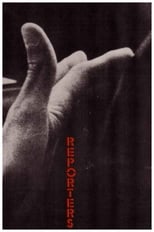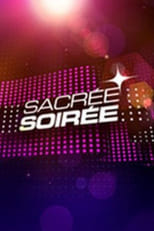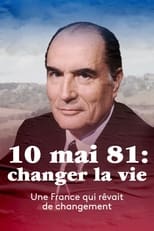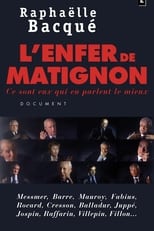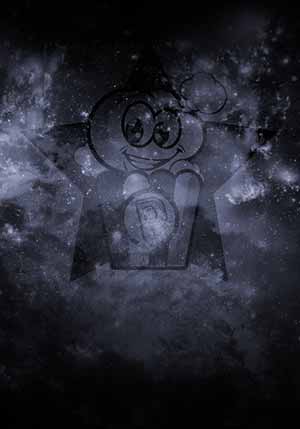Raymond Barre
¿Quién es Raymond Barre?
After his education, Raymond Barre was a professor of economics at the Institut d'Etudes Politiques de Paris (Sciences Po) as well as École Centrale Paris.
From 1959 to 1962, he was director of Jean-Marcel Jeanneney's staff in the ministry of Industry and Trade. Then, in 1967, President Charles de Gaulle chose him as Vice-President of the European Commission for Economic & Financial Affairs. He stayed in Brussels until January 1973, serving in the Rey, Malfatti and Mansholt Commissions. Having come back to France, he joined the cabinet as minister of External Trade in January 1976.
Seven months later, while mostly unknown at that time, President Giscard d'Estaing appointed him Prime Minister and Minister of Economy and Finance. He presented him to the French people as "the best economist in France" (French: meilleur économiste de France). Under the Fifth Republic, he was the only person to hold these two offices at the same time. He left the ministry of Economy and Finance in 1978 but stayed as Prime minister until the defeat of Giscard d'Estaing at the 1981 presidential election.
At the head of the cabinet, he was faced with the conflict which divided the parliamentary majority between the "Giscardians" and the neo-Gaullist Rally for the Republic (RPR) led by his predecessor Jacques Chirac. The right majority unexpectedly won the 1978 legislative election.
Barre was primarily confronted with an economic crisis. He advocated numerous complex, strict policies ("Barre Plans"). The first Barre plan emerged on 22 September 1976, with a priority to stop inflation. It included a 3-month price freeze; a reduction in the value-added tax; wage controls; salary controls; a reduction of the growth in the money supply; and increases in the income tax, automobile taxes, luxury taxes and bank rates. There were measures to restore the trade balance and support the growth of the economy and employment. Oil imports, whose price had shot up, were limited. There was special aid to exports, and an action fund was set up to aid industries. There was increased financial aid to farmers, who were suffering from a drought, and for social security. The package was not very popular but was pursued with vigor.
He did not use diplomatic language in the face of trade union opposition. Instead, he mocked "the bearers of banners" (French: les porteurs de pancartes) and he exhorted "instead of grousing, you should work hard".
After he departed from the head of the cabinet, he was elected deputy of Rhône département under the label of the Union for French Democracy (UDF). However, he never formally joined the party. He held his parliamentary seat until 2002. ...
Source: Article "Raymond Barre" from Wikipedia in English, licensed under CC-BY-SA 3.0.
Trabajos destacados
Géneros más habituales en las películas de Raymond Barre
Géneros más habituales en las series de Raymond Barre
Compañeros de trabajo recientes de Raymond Barre
Las imágenes y retratos de actores y actrices mostrados en este sitio web son obtenidos de la base de datos pública de The Movie Database (TMDb), utilizada bajo los términos y condiciones de dicha plataforma. En caso de que alguna imagen o fotografía sea incorrecta, ofensiva, o pueda infringir derechos de imagen o copyright, puede ser editada o eliminada directamente en TMDb. Esto provocará su eliminación automática en este sitio web. Adicionalmente, si usted desea solicitar la eliminación de una imagen directamente en nuestro sitio web, puede utilizar el formulario de contacto ubicado al pie de la página. Atenderemos su solicitud de manera expedita y tomaremos las medidas necesarias para garantizar el cumplimiento de los derechos aplicables.
The images and portraits of actors and actresses displayed on this website are sourced from the public database The Movie Database (TMDb), used in accordance with its terms and conditions. If any image or photograph is incorrect, offensive, or may infringe image rights or copyright, it can be edited or removed directly on TMDb. This will automatically result in its removal from this website. Additionally, if you wish to request the removal of an image directly from our website, you may use the contact form located at the bottom of the page. We will promptly address your request and take the necessary measures to ensure compliance with applicable rights.
